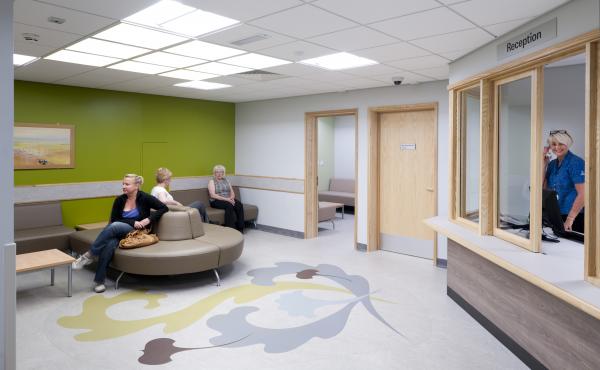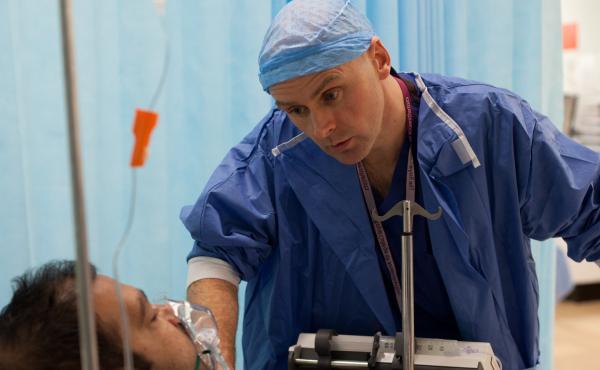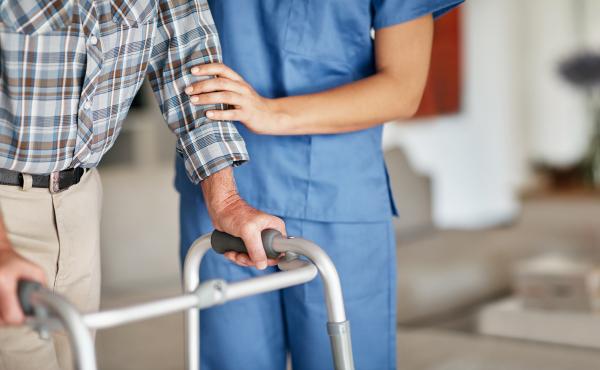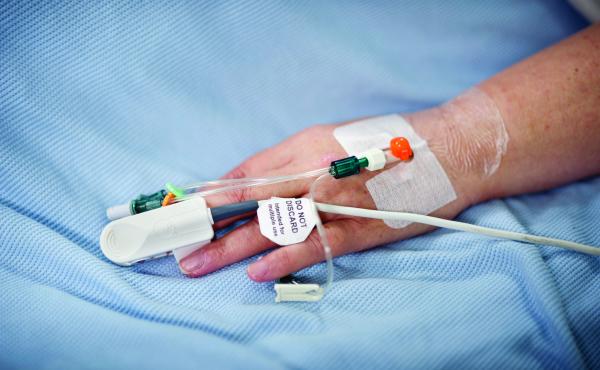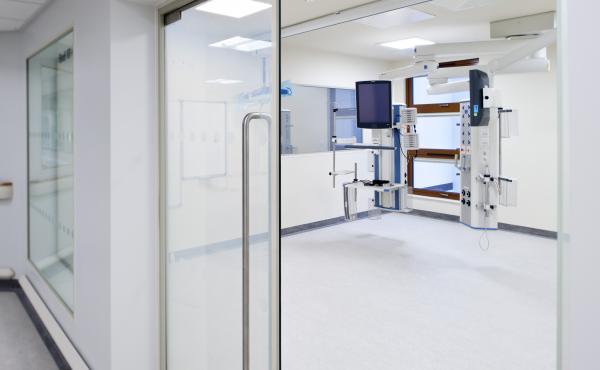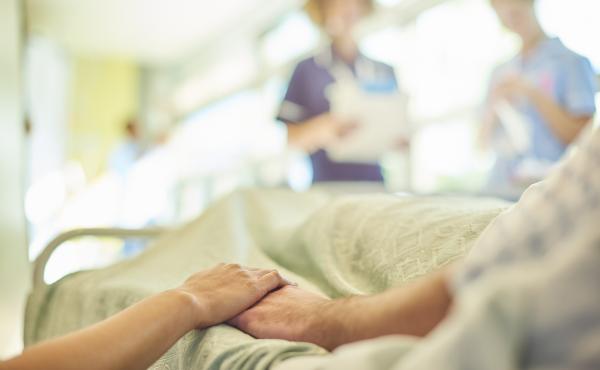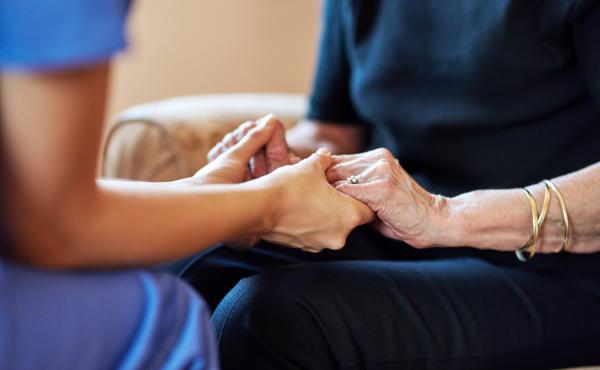Nightmares, dreams and poor sleep following a critical care admission
It is very common for people who have been through a critical illness to experience very significant sleep disturbance in the recovery period. This can range from difficulty getting off to sleep, early morning wakening and nightmares.
When I got home I really struggled with my sleep. I found it hard to switch off. I keep thinking about what had happened to me again and again.
Being awake at night can be worrying and it is easy for things to get out of proportion. If you are awake at night you may find it helpful to read or listen to the radio. Even if you don’t fall asleep it will help pass the time.
You may find having a bath or shower shortly before going to bed will help you feel more relaxed, making it easier to sleep. Many people find that a bedtime drink is helpful, but you should avoid tea, coffee and large amounts of alcohol. Reading before bed can be a good way of relaxing. Most importantly, do not worry about lack of sleep as it will not cause you harm and should recover as you do.
It is common to have dreams about experiences you have had, including being a patient in hospital. Some people experience frequent nightmares. It is natural to want to wake someone up if they are having a nightmare in order to reassure them. If this happens repeatedly it sometimes delays a person’s recovery. Dreams are a way in which our brains process information to make sense of our experiences. Always being woken up during a recurring nightmare can prevent the unconscious mind from working through and resolving a problem.
If sleep is very disordered you should ask your GP about sources of help and frequent nightmares may be a reason to ask to be seen in the critical care follow-up clinic.

